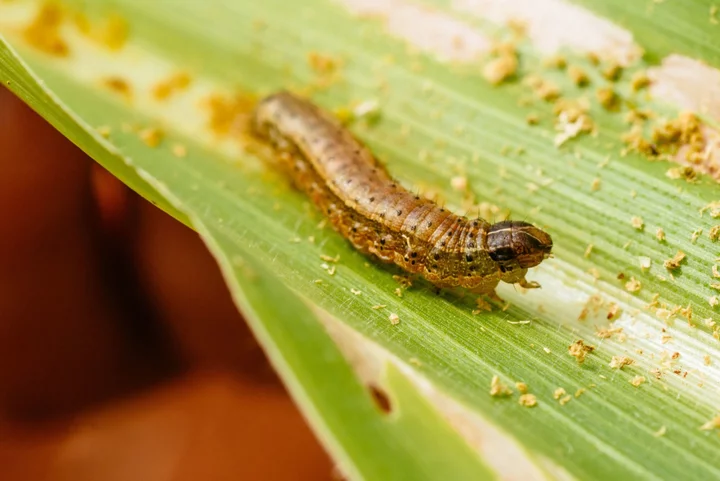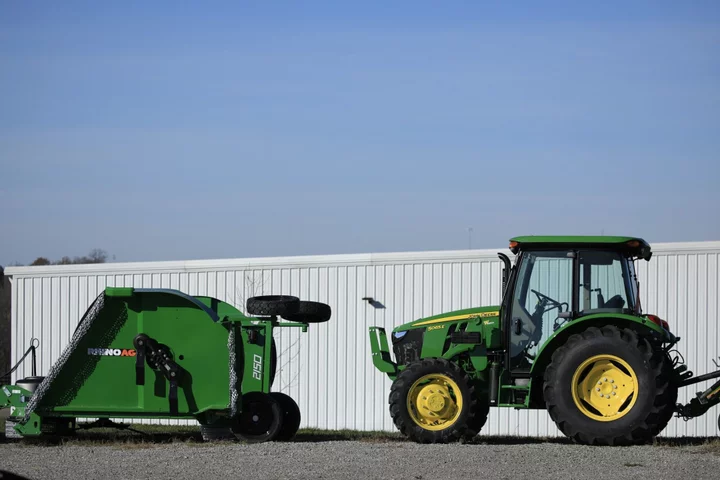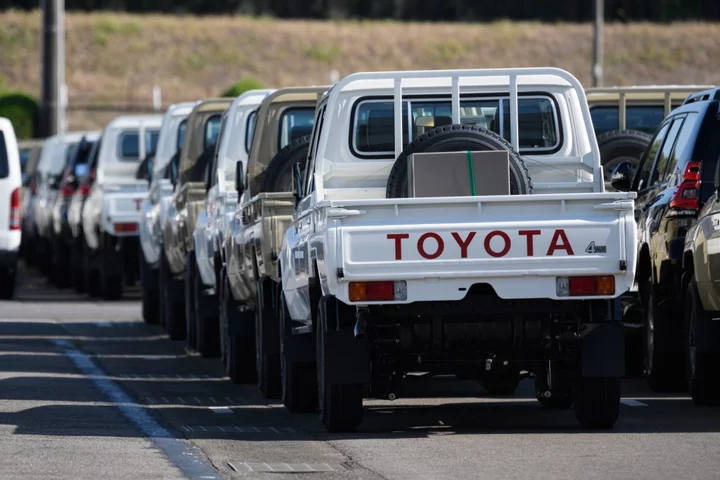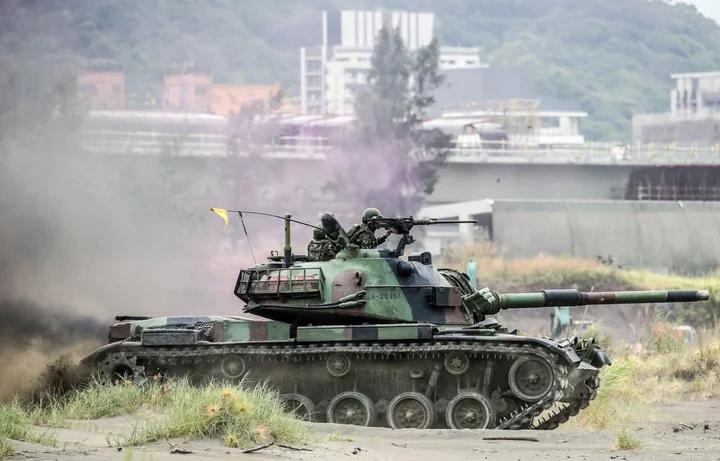China’s farmers are facing an earlier than expected assault on their crops this year as extreme weather accelerates the spread and growth of destructive diseases and pests such as the dreaded fall armyworm.
At risk are key crops including corn and rice, a globally important food staple that’s already seeing threats to supply elsewhere in Asia. China is the world’s biggest producer and importer of the grain that feeds billions.
Plant pests that ravage crops are becoming more destructive and posing a bigger threat to the world’s food security due to climate change, according to the Food and Agriculture Organization, a UN agency. China’s government said heavy rains and winds, including those whipped up recently by deadly Typhoon Doksuri, have helped with the migration of insects and spread of disease.
Insects that devour rice paddies and corn fields have appeared earlier in major growing regions in China’s north and south this year, according to a unit of the Ministry of Agriculture and Rural Affairs. Along with the recent rains and flooding, warmer weather has also aided the spread of pests.
“More extreme weather events, brought on by climate change, has a significant impact on migration and occurrence of crop diseases and insects,” said Hu Gao, a professor at Nanjing Agricultural University. “It’s getting harder to predict, as the incursion has become a bit irregular.”
Hu’s key focus is the planthopper and leaf roller, two common invaders of rice paddies. He says the occurrence of the insects in southern China — where most of the nation’s crop is grown — is more severe than the past few years, although he added that the impact on production is so far limited.
Any significant damage to rice output would likely place additional strain on the global market should China need to import more. Prices in Asia jumped to the highest level in almost 15 years this week on supply issues.
Each year, plant diseases cost the global economy over $220 billion and insects at least $70 billion, according to the FAO. As much as 40% of the world’s crops are lost to plant pests, the UN agency said.
Fall armyworm has been detected in 20 provinces in China so far in 2023, and has appeared in the nation’s major growing region in the north earlier than previous years, the government said. However, state-run Beijing News reported that control measures have prevented most of the insects from crossing the Yangtze river, reducing the impact on crops.
Corn rust, a fungal pathogen that can kill plants, is also causing headaches.
“It just started to emerge,” said Song Quanyong, a farmer in the central province of Henan. “In previous years, it would come much later, near harvest time. All I can do is spray some pesticide and try to control its spread. Fall armyworm is here too, but not much.”
The crop in Henan is typically harvested around October, meaning the earlier arrival of corn rust leaves plants more susceptible to damage. The province accounted for almost 8% of the national harvest in 2021.
China is bracing for more extreme weather following the heavy rains caused by Typhoon Doksuri, which destroyed some crops in the northeast, known as the nation’s grain basket. Remnants of another storm — Khanun — is set to lash the provinces of Heilongjiang, Jilin and Liaoning, and Inner Mongolia region.
--With assistance from Kevin Dharmawan.









